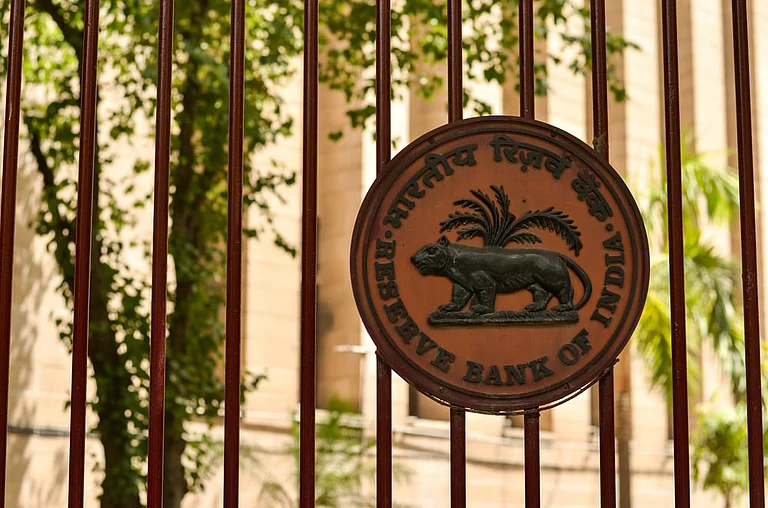As India experiences increased cross-border strikes from Pakistan, the military clash is no longer merely a matter of security but may touch daily finances, particularly in border states. Jammu & Kashmir, Punjab, Rajasthan, Gujarat, and Himachal Pradesh collectively have 12.81 per cent of India's overall bank deposits as well as 13.41 per cent of loans, as per Reserve Bank of India (RBI) statistics from March 2024. This implies that a large number of people and companies in these states rely on reliable banking facilities, which are now under threat because of the rising unrest.
Banks Under Pressure in Conflict Zones
In conflict-hit Jammu & Kashmir, banks hold deposits of Rs 1.49 lakh crore and loans of Rs 73,879 crore. Large public and cooperative banks are present in large cities like Srinagar and villages. With drone attacks and curfews, however, people may not be able to get cash, repay loans, or even approach branches. ATMs could also be out of order in attacked areas, and digital services won't be of much help either.
Punjab, too, has witnessed heightened tensions and maintains deposits of more than Rs 6.14 lakh crore and loans of Rs 5.35 lakh crore. Various districts like Amritsar and Ferozepur are placed on high alert, with schools closed and people's movement barred. Under these circumstances, local economies tend to decelerate, impacting revenues and purchasing power—particularly among small entrepreneurs and farmers who count on continuous cash flows.
Loan Repayments Could Be Affected
These borrowers can find it challenging to pay EMI on time because of mobility restrictions, internet shutdowns, or loss of income for a period of time. These customers' credit history can be impacted in the long term if banks do not provide relief from repayment. Even RBI or banks themselves may declare moratorium subsequently, there's usually a delay that leads to customer stress.
Rajasthan, where there is a vast rural population relying on cooperative credit, has deposits of Rs 6.98 lakh crore and advances of Rs 6.25 lakh crore. Any banking service disruption would directly impact farmers and small traders, most of whom rely on timely availability of credit and savings for their day-to-day requirements.
Gujarat's Financial Strength Under Test
Gujarat accounts for the greatest proportion of loans and deposits amongst these states—Rs 10.8 lakh crore in deposits and Rs 9.45 lakh crore advances. Although digital infrastructure is good in cities like Ahmedabad and Surat, border areas on the Rann of Kutch and coastal zones are more susceptible. In case conflict spreads or escalates, even individuals within these cities might experience delays in financial services, particularly those who have rural business connections.
Why Himachal Pradesh is Not Immune
Though Himachal Pradesh does not directly border Pakistan, it's directly linked to Punjab and J&K. It has Rs 81,840 crore in deposits and Rs 32,736 crore in advances. Any shocks in the surrounding states can spread over. Transport, trade, and service connectivity are highly integrated in these north Indian states.
What You Can Do to Remain Financially Ready
For those staying in or around these border states, it makes sense to keep some emergency funds, keep digital wallets filled up, and get offline versions of banking apps. Think about seeing if your bank has branch or ATM presence at other places too. Those who are taking loans, should follow updates from banks for any relaxation of EMI or short-term relief.
Additionally, it is also a good time to check over insurance coverage—life, health, and property—and have policy numbers on hand. If you have invested in region-specific mutual funds or fixed deposits, discuss potential risks with a financial adviser.
While the military controls the security situation, people in affected areas need to be vigilant about how tensions may impact their access to money and banking services. A bit of planning now can save worry later.










